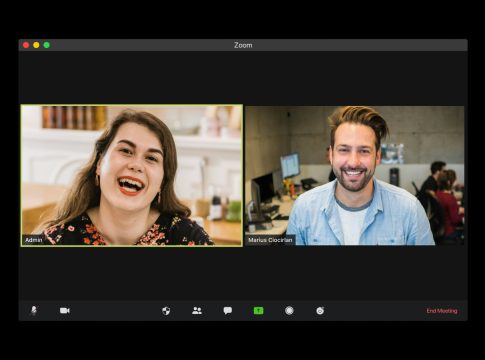The Rise of AI in Recruitment: A Double-Edged Sword
As job seekers adjust to an increasingly digital landscape, a notable trend is emerging in recruitment: interviews conducted by artificial intelligence (AI). This shift reflects an evolving hiring process that aims to streamline applicant screening while introducing a layer of complexity to the employment landscape.
AI-Powered Interviews: A New Normal
The COVID-19 pandemic accelerated the transition to online recruitment, prompting technological advancements that are now allowing companies to conduct interviews using AI-driven tools. Unlike traditional software that merely records candidate responses, these new systems provide a more interactive experience. Platforms like HeyMilo AI and Ribbon utilize synthetic voices to engage candidates with real-time questions and feedback, simulating the dynamics of a human interview.
Efficient and Flexible
The appeal of AI in recruitment lies in its efficiency. By automating initial screenings, companies can reduce the time and resources spent on each candidate, allowing for flexibility that accommodates applicants outside of standard working hours. As Arsham Ghahramani, CEO of Ribbon, noted, a significant portion of these AI-intervened conversations occur later in the hiring process—like salary negotiations—where human recruiters may feel less comfortable.
Job Market Pressure: A Confluence of Challenges
While AI can facilitate recruitment, it also complicates the job market. The surge in job applications—up 31% in early 2024 compared to last year—has outpaced the number of qualified candidates. Many applicants are leveraging AI tools like ChatGPT to craft their applications, but this influx has led hiring managers to face a daunting challenge: sifting through an ever-growing pool of candidates, many of whom present lower-quality submissions filled with generic buzzwords.
The Dark Side: Fake Applications and Bias
As AI becomes more integrated into the hiring process, risks emerge. There are rising concerns over fake applicants who utilize deepfake technology or AI-generated profiles to bypass hiring standards. Motivations can range from corporate espionage to circumventing visa requirements.
Additionally, the reliance on AI tools has raised alarms about systemic biases. Past implementations, such as visual analysis used by HireVue, have been criticized and discontinued due to validity and bias concerns. Studies indicate that many recruitment algorithms show a preference for male candidates, especially for higher-paying positions. Such issues could lead to significant regulatory responses, with laws already emerging—like New York City’s requirement for annual bias audits of automated hiring tools.
Realities of AI in Hiring
While AI tools can enhance efficiency, they are not without their hiccups. Employers have noted that some AI systems have difficulty responding to unexpected candidate questions, and humorously, many shared videos showcase AI malfunctioning—looping phrases or generating nonsensical responses.
Public perception remains a barrier as well. Research indicates that a majority of individuals express discomfort with their responses being evaluated by algorithms. As the integration of AI continues, businesses must weigh the benefits against potential pitfalls, ensuring they adopt technology that enhances, rather than undermines, the human experience in recruitment.
As AI reshapes the hiring landscape, both employers and job seekers must navigate this dual-edged sword—leveraging the efficiencies it offers while remaining vigilant about the inherent risks and ethical considerations that come with automation in recruitment.

Writes about personal finance, side hustles, gadgets, and tech innovation.
Bio: Priya specializes in making complex financial and tech topics easy to digest, with experience in fintech and consumer reviews.

